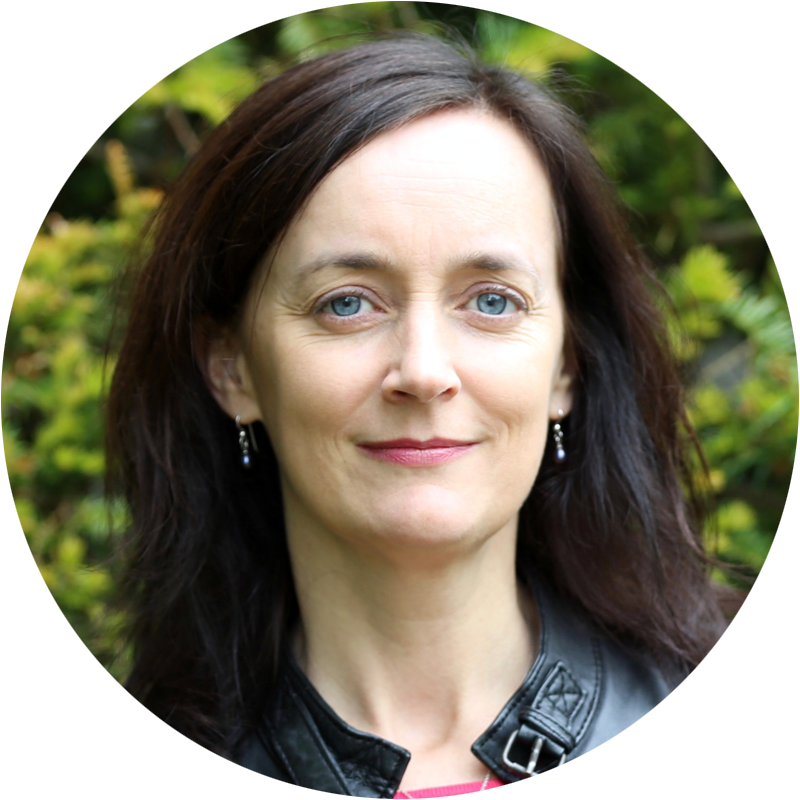‘I never imagined writing would pay the bills’

At the age of 12, Angelia Maria Schwaller from the sleepy village of Überstorf in canton Fribourg discovered the internet. She sought out likeminded people on forums to learn from and exchange ideas with. Her passion – poetry.
“That was very important for me. You get feedback, you can work on the poems. I also got a lot of specialist knowledge about poetry structure, metre and so on. All of this I learned through the internet and not in school.”
Schwaller looks more like a dancer than a poet. Just as a dancer conceals great strength in a seemingly delicate physique, the young writer conceals great depth and passion beneath a quiet, poised exterior. Her style has been described as “natural and unaffected, amazingly mature and kitsch-free”.
The 25-year-old has won and been shortlisted for several literature competitions but the publication of her first collection of poetry in May 2012 has brought her to a much wider audience. She gave 20 readings around Switzerland last year.
Schwaller used the prize money from a local cultural prize to publish the book entitled dachbettzyt – literally ‘bedcover time’. The title needs to be explained to speakers of standard German, also known as High German. Unlike most Swiss German writers, Schwaller writes in her own dialect rather than in High German.
“The title is multi-layered. “Dachbett is a special word in Sensler German [the name of the Swiss German dialect spoken in the Sense Region of Fribourg]. Meaning duvet or blanket, it radiates warmth and a feeling of security. But even people from outside the Sense region can connect something with the word, build associations. Dachbett is also an image composed of the words roof and bed.”
In the mood
Most of the poems are written in the first person. “They are, in the broadest possible sense, love poems but definitely much less autobiographical than most people think,” Schwaller explains.
“Writing is a process for me. I don’t just make notes and turn them into a finished poem. It’s a long process, over months. These preliminary notes are autobiographical and dependent on my mood but I go on to create something separate from that.”
You can listen to Schwaller reading one of her poems: verbroosme (crumbs) – below:
crumbs (unofficial translation)
I am dry and old bread
lie enclosed in your hand
being crushed by you
afterwards
when it’s all over
you throw me
in crumbs
on the stone floor
as fodder
scattered, I fall down
the cracks
and get lost
© dachbettzyt, Knapp Verlag 2012
Roaming free
The desolation in those sparse lines is echoed in many of Schwaller’s poems. The imagery – often of natural elements such as stone, water, snow, rain, the air – is stark and intense.
Schwaller grew up close to nature on the border between cantons Bern and Fribourg, in the picturesque, quintessentially Swiss village of Überstorf. A small community of some 2,000 people, this is a place where everyone knows everyone.
Although she was reading Shakespeare at ten, Schwaller was often outdoors and enjoyed football and unihockey. “We were very free as children to roam and explore our surroundings. There was a forest near my home where I played a lot with my two brothers and neighbours.”
Her mother’s family have lived in the village for generations. “In my family tradition was very important. My parents are religious and the Catholic faith played a big role in my upbringing.” Like many Swiss, Schwaller is still a member of the Church but is no longer a practising Catholic.
Currently studying for a Masters in German and philosophy at Bern University while working part time in a small publishing house, Schwaller knows that poetry is unlikely to be a purely professional pursuit in the future.
“Personally I never imagined that writing would pay the bills. I will never live on it and that’s OK for me. But I find it a pity that literature in Switzerland has so little recognition. It’s hard to be a Swiss-German writer, difficult to make a breakthrough in Germany. There’s an impression that the quality is not so good.”
delicately
drop after
drop
is lost
at the low point
a puddle
is collected
I flow
into it through
my racing heart
© dachbettzyt, Knapp Verlag 2012
True voice
Schwaller started off writing in High German and says she may return to the language in the future. “Over time I changed to dialect, especially after reading Hubert Schaller’s collection of poetry. That encouraged me to write in my own dialect.”
The Spoken Word movement, which emerged in the United States in the 1980s and also features poetry slams (competitive live poetry performance), provided a boost to composing in dialect in Switzerland and elsewhere.
“With dialect the focus is on oral expression. In school we write in High German but now the trend with Spoken Word is that people use dialect.”
Having joined the small circle of authors writing in Swiss German, Schwaller hopes to continue with her creative career. “Writing poems is something that will definitely stay with me for a long time.”

In compliance with the JTI standards
More: SWI swissinfo.ch certified by the Journalism Trust Initiative

You can find an overview of ongoing debates with our journalists here. Please join us!
If you want to start a conversation about a topic raised in this article or want to report factual errors, email us at english@swissinfo.ch.